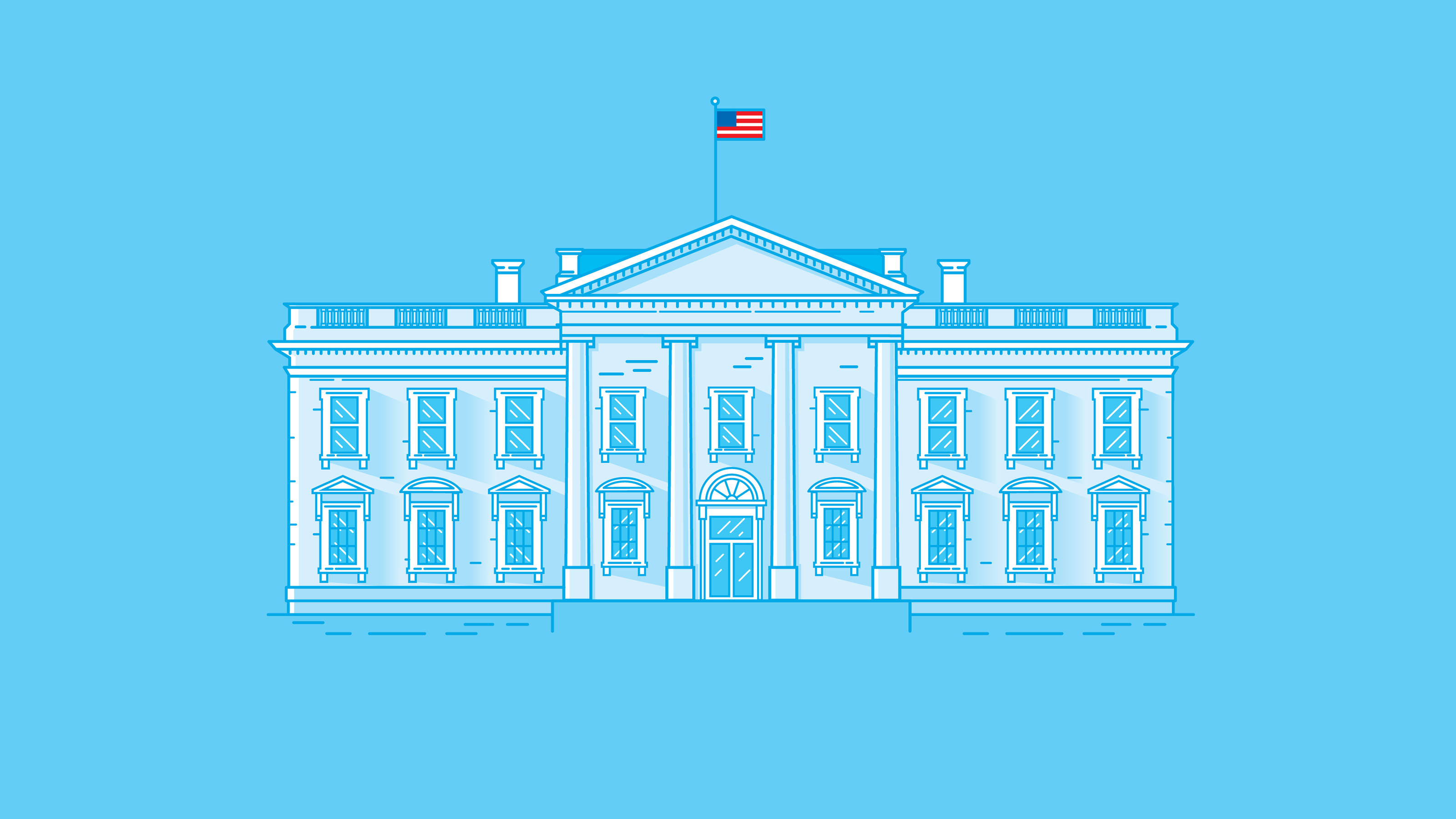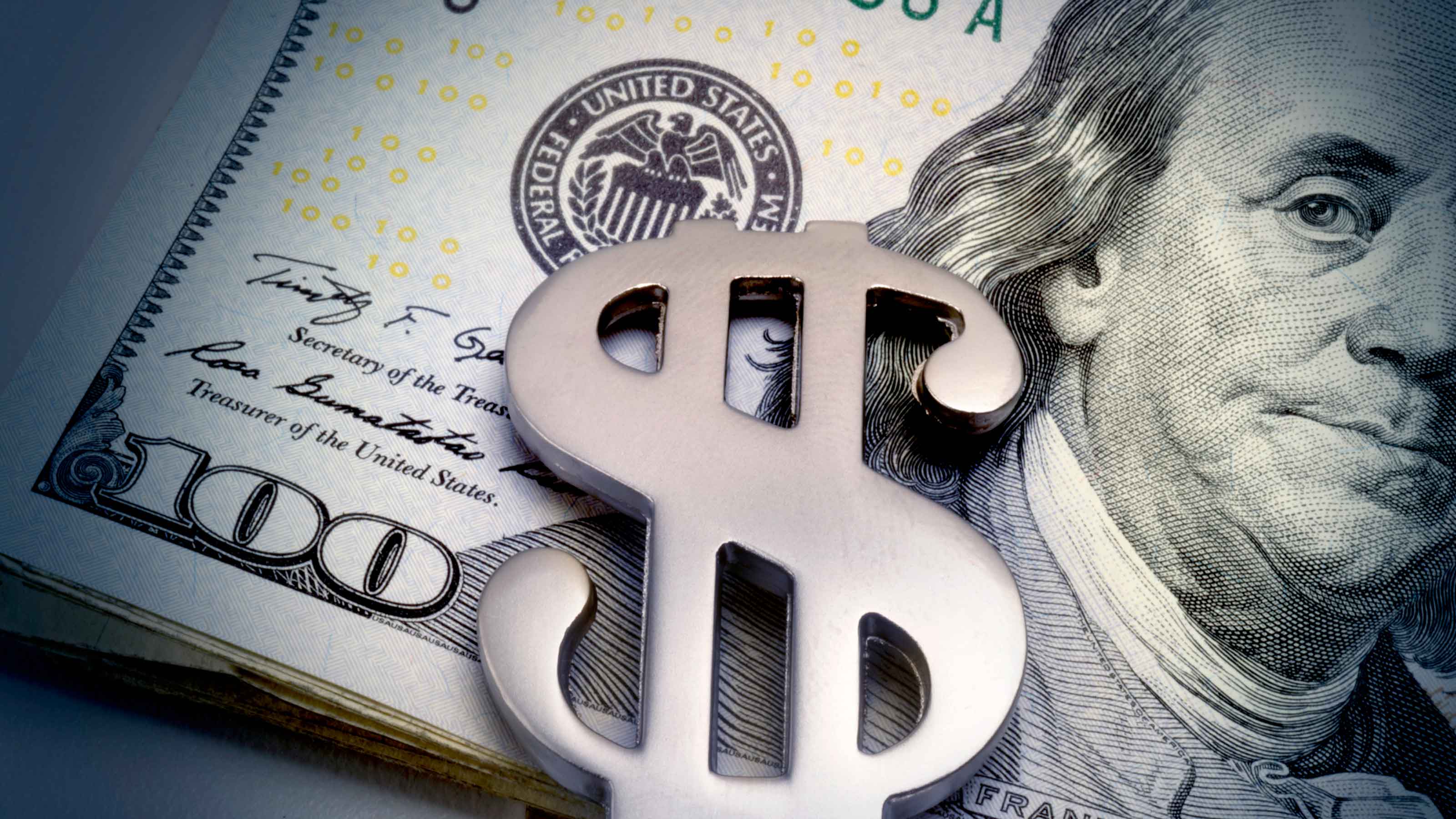3 Funds for Investing in Frontier Markets
Comfortable with emerging-markets stocks? If so, you may be ready to boldly go where few investors have gone before.
Profit and prosper with the best of Kiplinger's advice on investing, taxes, retirement, personal finance and much more. Delivered daily. Enter your email in the box and click Sign Me Up.
You are now subscribed
Your newsletter sign-up was successful
Want to add more newsletters?

Delivered daily
Kiplinger Today
Profit and prosper with the best of Kiplinger's advice on investing, taxes, retirement, personal finance and much more delivered daily. Smart money moves start here.

Sent five days a week
Kiplinger A Step Ahead
Get practical help to make better financial decisions in your everyday life, from spending to savings on top deals.

Delivered daily
Kiplinger Closing Bell
Get today's biggest financial and investing headlines delivered to your inbox every day the U.S. stock market is open.

Sent twice a week
Kiplinger Adviser Intel
Financial pros across the country share best practices and fresh tactics to preserve and grow your wealth.

Delivered weekly
Kiplinger Tax Tips
Trim your federal and state tax bills with practical tax-planning and tax-cutting strategies.

Sent twice a week
Kiplinger Retirement Tips
Your twice-a-week guide to planning and enjoying a financially secure and richly rewarding retirement

Sent bimonthly.
Kiplinger Adviser Angle
Insights for advisers, wealth managers and other financial professionals.

Sent twice a week
Kiplinger Investing Weekly
Your twice-a-week roundup of promising stocks, funds, companies and industries you should consider, ones you should avoid, and why.

Sent weekly for six weeks
Kiplinger Invest for Retirement
Your step-by-step six-part series on how to invest for retirement, from devising a successful strategy to exactly which investments to choose.
Editor's Note: Conflict continues to plague areas of the Middle East and North Africa. We urge you to be patient and wait for more clarity in those regions when considering the advice we give in the article below.
How does the prospect of investing in Nigeria, Qatar or Vietnam grab you? Before you turn around and run the other way, consider that just ten years ago the notion of putting money into stocks in China, India or Brazil frightened most Americans. But investments in these developing countries have paid handsome rewards, and many, if not most, U.S. investors now view emerging-markets stocks as a mainstream asset class that belongs in most portfolios.
WATCH OUR VIDEO: MIDDLE EAST CRISIS & YOUR MONEY
Just as today's emerging markets were once frontier markets, many of today's frontier markets will one day graduate to emerging status. Frontier markets tend to be smaller than emerging markets, and shares of frontier firms are harder to trade than those of emerging countries. Among the 26 nations represented in the MSCI Frontier Markets index are such exotic locales as Bangladesh, Kenya and Romania.
From just $107.88 $24.99 for Kiplinger Personal Finance
Become a smarter, better informed investor. Subscribe from just $107.88 $24.99, plus get up to 4 Special Issues

Sign up for Kiplinger’s Free Newsletters
Profit and prosper with the best of expert advice on investing, taxes, retirement, personal finance and more - straight to your e-mail.
Profit and prosper with the best of expert advice - straight to your e-mail.
Still, there's much to like about frontier markets. Frontier economies are growing at about 5% per year -- about the same as emerging nations, if you strip out China. Many of the conditions that power emerging nations are also found in frontier nations: young, growing and increasingly well-educated populations; improving economic management; rapid urbanization; and expanding middle classes.
These trends are evident in the largely unheralded progress of sub-Saharan Africa. Although news headlines focus on political conflicts, corruption and disease, a recent study of African economies by McKinsey & Co. projected that the number of households earning more than $5,000 -- the threshold above which spending on nonfood items begins to zoom -- will swell to 106 million in 2014.
Larry Speidell, who runs Frontier Market Select Fund, a San Diego-based hedge fund, often visits companies in Africa and likes what he sees. "Africa embodies the whole story of the frontier," he says. "Entrepreneurism and urbanization are on the rise, and people are increasingly educated and aware of the way in which successful countries succeeded."
As in other frontier markets, where security analysis tends to be minimal, Speidell finds all kinds of African stocks that are underresearched, underappreciated and undervalued. For instance, he holds shares in Swissport Tanzania, a subsidiary of a Swiss air-cargo firm, which sports a price-earnings ratio of five and a dividend yield of 16%. In Ivory Coast, he's invested in Societe Generale de Banques en Cote d'Ivoire, the local subsidiary of France's Societe Generale, which sells for seven times earnings and yields 13% (neither stock trades in the U.S.).
Apart from the attractive growth potential of frontier nations, their stocks can provide diversification. Stocks in frontier markets tend to track U.S. stocks less closely than do shares of companies in developed markets, such as Japan and Western Europe, and emerging markets. So frontier stocks should reduce the overall volatility of your portfolio. Still, you don't want to put more than a few percentage points of your stock holdings in frontier markets, and you should do so only if you have a solid core of developed- and emerging-markets stocks.
How to Break into the Final Frontiers
The tough part is gaining access to frontier markets. Only a handful of no-load funds invest in them, and fees tend to be high -- a reflection of the funds' small asset bases and factors such as expensive share-custody arrangements.
Like many frontier pioneers, Don Elefson has been investing in developing nations for years. Elefson, co-manager of Harding Loevner Frontier Emerging Markets (symbol HLMOX), sees parallels between some of today's frontiers and emerging markets ten to 15 years ago. For instance, Vietnam, with a well-educated, low-cost workforce, is following the Chinese model of exporting manufactured goods. Populous, oil-rich Nigeria, which is growing at 6% a year, has the potential to be the Brazil of Africa, Elefson says. Bangladesh reminds him of neighboring India. India produces generic drugs at low cost, and now Bangladesh is doing the same: Its Square Pharmaceuticals is one of Elefson's top holdings.
The fund's largest allocation, by region, is to African stocks. Elefson holds shares of Safaricom, the biggest wireless-service provider in Kenya, and Equity Bank, an innovator in cell-phone banking in Kenya.
The investor share class for Frontier Emerging Markets, which launched in January, requires $5,000 to start and charges annual fees of 2.25%. The institutional share class, which requires $100,000 to start and charges 2.0%, returned 39.0% in 2009, its first full year (compared with 79.0% for the MSCI Emerging Markets index) and 24.8% last year (versus 19.2%).
T. Rowe Price Africa & Middle East (TRAMX) invests mainly in frontier markets but also in emerging markets, such as South Africa. Manager Joe Rohm, a native of South Africa who is based in London, says the number of Africans who can afford basic brand-name goods in countries such as Nigeria (population: 150 million) and Kenya (40 million) is multiplying quickly. So he holds such stocks as Nestle Nigeria and Kenya's East African Breweries, a beer subsidiary of British spirits giant Diageo that caters to 120 million potential customers in East Africa.
Africa is rich with natural resources, so Rohm holds stocks such as Tullow Oil, a London-traded firm whose oilfields are in Ghana and Uganda, and African Barrick Gold, which mines the precious metal in Tanzania. Oil-and-gas assets in the Persian Gulf tend to be state controlled and off limits to foreign investors, but the wealth from fossil fuels is funding an enormous boom in infrastructure investment in places such as Qatar and Saudi Arabia. So Rohm owns shares of numerous bank stocks in the Persian Gulf, which serve as proxies for the fast-growing nations in which they operate.
The Price fund had the misfortune of debuting in late 2007, and it plunged 53.3% in 2008. The fund returned 22.1% in 2009 and 17.2% last year. It charges 1.62% a year and requires $2,500 to start.
Tim Drinkall, co-manager of Morgan Stanley Frontier Emerging Markets (FFD), is also a fan of banks, which account for 49% of his closed-end fund's holdings. (You buy and sell closed-ends like stocks, but their share prices typically differ from the value of their underlying holdings.) In sharp contrast to the situation in the U.S., companies and consumers in frontier economies have low debt levels, banks are almost entirely financed through deposits instead of borrowing, and profit margins on loans are fat. At its January 7 close of about $15, this closed-end fund traded at a 7% discount to the value of its assets. Its shares returned 37.8% in 2010.
The Five Biggest Frontier Markets
U.S. gross domestic product is $14.7 trillion. And ExxonMobil alone, with a market value of $376 billion, is worth more than all the stocks in Saudi Arabia, the largest frontier market. According to the International Monetary Fund and Standard & Poor's, as of December 31, 2010, here's how the five biggest frontier markets stack up:
SAUDI ARABIA|| Market value: $348 billion; GDP (estimated): $434 billion
COLOMBIA|| Market value: $187 billion; GDP (estimated): $283 billion
KUWAIT|| Market value: $105 billion; GDP (estimated): $117 billion
QATAR|| Market value: $93 billion; GDP (estimated): $127 billion
UNITED ARAB EMIRATES|| Market value: $63 billion; GDP (estimated): $240 billion
WATCH OUR VIDEO: THE MIDDLE EAST CRISIS & YOUR MONEY
Profit and prosper with the best of Kiplinger's advice on investing, taxes, retirement, personal finance and much more. Delivered daily. Enter your email in the box and click Sign Me Up.
Andrew Tanzer is an editorial consultant and investment writer. After working as a journalist for 25 years at magazines that included Forbes and Kiplinger’s Personal Finance, he served as a senior research analyst and investment writer at a leading New York-based financial advisor. Andrew currently writes for several large hedge and mutual funds, private wealth advisors, and a major bank. He earned a BA in East Asian Studies from Wesleyan University, an MS in Journalism from the Columbia Graduate School of Journalism, and holds both CFA and CFP® designations.
-
 The New Reality for Entertainment
The New Reality for EntertainmentThe Kiplinger Letter The entertainment industry is shifting as movie and TV companies face fierce competition, fight for attention and cope with artificial intelligence.
-
 Stocks Sink With Alphabet, Bitcoin: Stock Market Today
Stocks Sink With Alphabet, Bitcoin: Stock Market TodayA dismal round of jobs data did little to lift sentiment on Thursday.
-
 Betting on Super Bowl 2026? New IRS Tax Changes Could Cost You
Betting on Super Bowl 2026? New IRS Tax Changes Could Cost YouTaxable Income When Super Bowl LX hype fades, some fans may be surprised to learn that sports betting tax rules have shifted.
-
 White House Probes Tracking Tech That Monitors Workers’ Productivity: Kiplinger Economic Forecasts
White House Probes Tracking Tech That Monitors Workers’ Productivity: Kiplinger Economic ForecastsEconomic Forecasts White House probes tracking tech that monitors workers’ productivity: Kiplinger Economic Forecasts
-
 The 5 Best Actively Managed Fidelity Funds to Buy and Hold
The 5 Best Actively Managed Fidelity Funds to Buy and Holdmutual funds Sometimes it's best to leave the driving to the pros – and these actively managed Fidelity funds do just that, at low costs to boot.
-
 The 12 Best Bear Market ETFs to Buy Now
The 12 Best Bear Market ETFs to Buy NowETFs Investors who are fearful about the more uncertainty in the new year can find plenty of protection among these bear market ETFs.
-
 Investing in Emerging Markets Still Holds Promise
Investing in Emerging Markets Still Holds PromiseEmerging markets have been hit hard in recent years, but investors should consider their long runway for potential growth.
-
 Don't Give Up on the Eurozone
Don't Give Up on the Eurozonemutual funds As Europe’s economy (and stock markets) wobble, Janus Henderson European Focus Fund (HFETX) keeps its footing with a focus on large Europe-based multinationals.
-
 Stocks: Winners and Losers from the Strong Dollar
Stocks: Winners and Losers from the Strong DollarForeign Stocks & Emerging Markets The greenback’s rise may hurt companies with a global footprint, but benefit those that depend on imports.
-
 Vanguard Global ESG Select Stock Profits from ESG Leaders
Vanguard Global ESG Select Stock Profits from ESG Leadersmutual funds Vanguard Global ESG Select Stock (VEIGX) favors firms with high standards for their businesses.
-
 Kip ETF 20: What's In, What's Out and Why
Kip ETF 20: What's In, What's Out and WhyKip ETF 20 The broad market has taken a major hit so far in 2022, sparking some tactical changes to Kiplinger's lineup of the best low-cost ETFs.